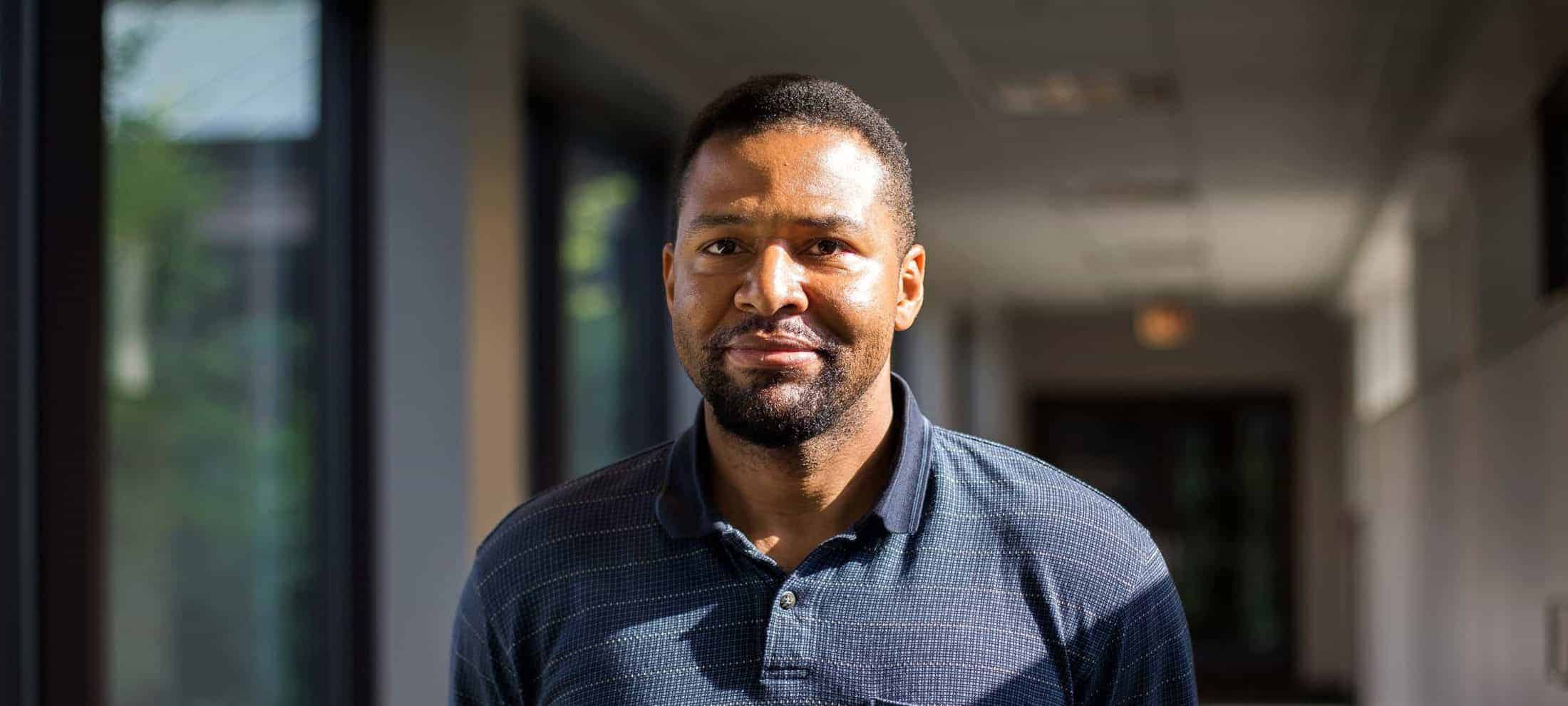
John Foster named Fellow of the American Physical Society
Foster is recognized for improving fundamental understanding of transport across the span of low-temperature plasmas.

Foster is recognized for improving fundamental understanding of transport across the span of low-temperature plasmas.
Professor John Foster of U-M Nuclear Engineering and Radiological Sciences (NERS) has been elected a Fellow of the American Physical Society (APS). He was recognized for contributions to improving fundamental understanding of transport across the span of low-temperature plasmas, from space propulsion to plasma-liquid interfaces, and for translating that understanding to the development of technologies that benefit society.
On being named Fellow, Foster said, “It’s a great honor to become an APS fellow. I look forward to continuing to explore plasma-based solutions with my students and colleagues to tackle the problems of today and those emerging on the horizon.”
Foster’s research focus is on understanding and applying plasma science to real-world problems. He is particularly fascinated with space propulsion with emphasis on space-related plasma projects. He’s also deeply interested in improving the environment through the use of plasma-based remediation technologies.
Some of Foster’s recent research projects include purifying water with plasma, treating PFAS water contamination with cold plasma, and decontaminating hospital rooms with plasma jet wands.
Foster is also an affiliated faculty member of U-M Aerospace Engineering and a member of a team of U-M researchers who are key contributors to the development of the Joint Advanced Propulsion Institute (JANUS), a new $15 million NASA center that will develop better ways to test advanced space engines that could one day propel humans to the moon, Mars, and beyond.
Last year, Foster was elected an Associate Fellow of the American Institute of Aeronautics and Astronautics (AIAA) and won the Ronald C. Davidson Award for Plasma Physics. He is also a member of the Michigan Institute for Plasma Science and Engineering (MIPSE).
Within NERS, Foster is the Master’s student graduate chair and a DEI Department co-lead for NERS, believing that “Diversity is a necessary ingredient in the solution of engineering problems across the spectrum as it includes the stakeholders from all communities–each of which with challenges specific to that community. A diverse team is best poised to not only appreciate the peculiarities of the problems in these disparate communities but also to implement effective solutions. It’s just common sense.”